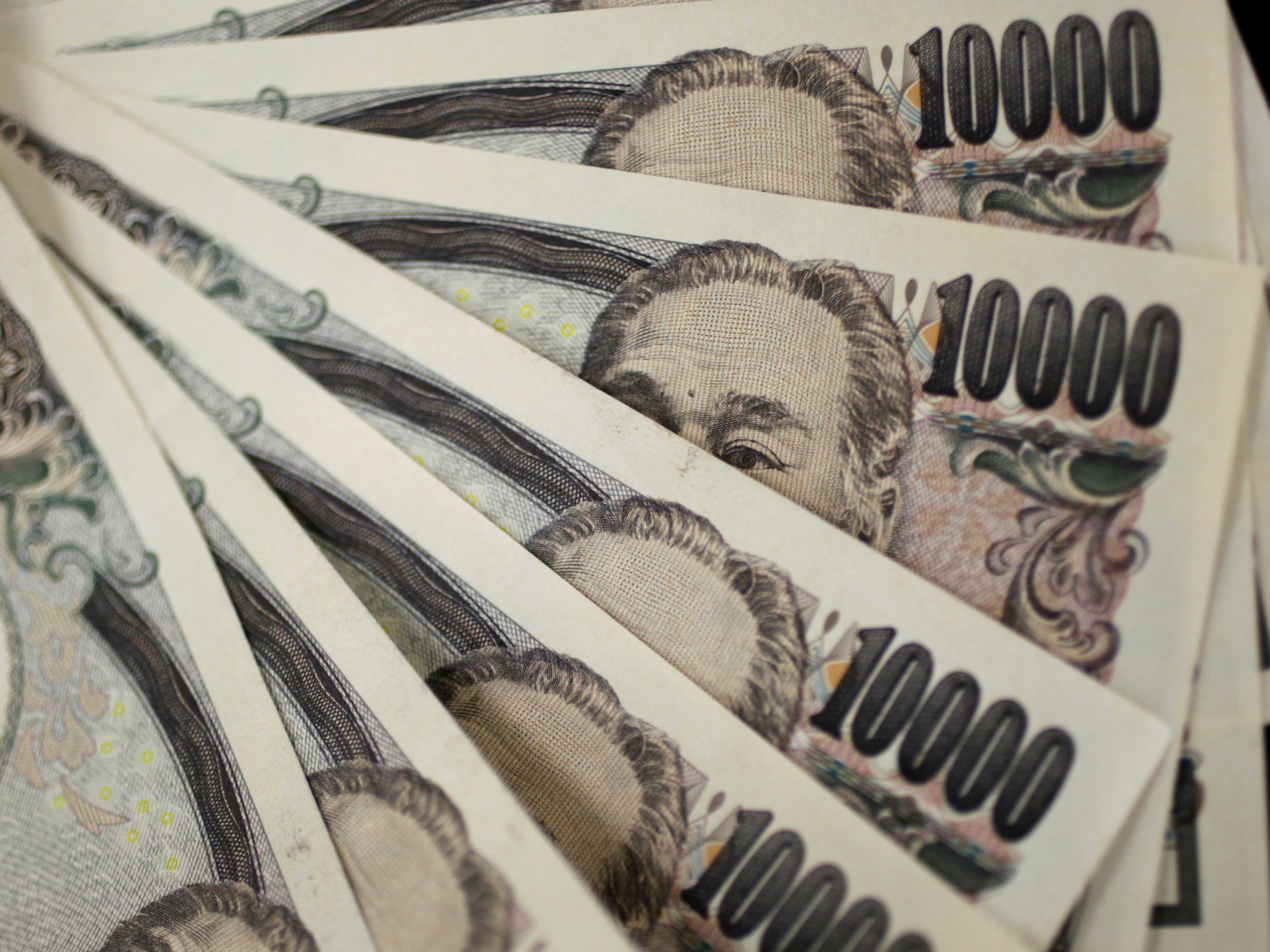The Japanese currency, the yen, has recently reached its lowest level against the United States dollar in 34 years. The yen is now trading at 160.17 per dollar, which is the lowest level since April 1990. This decline in the value of the yen has raised concerns that Japanese authorities may need to intervene to stabilize it.
The reason for the yen’s decline can be attributed to several factors. One of them is the Bank of Japan’s decision to keep interest rates at ultra-low levels while other central banks, including the US Federal Reserve, have raised borrowing costs. Despite the BOJ’s recent increase in interest rates – which was the first in 17 years – the yen’s downward trend has persisted.
Another factor contributing to the decline of the yen is expectations of rate cuts by the US Federal Reserve due to higher-than-expected inflation. However, these expectations have diminished as inflation has not been as high as expected.
While a weaker yen has benefited Japanese exporters and boosted tourism revenue, it has also led to higher prices for imported goods, putting pressure on household budgets. Japanese officials have indicated their readiness to intervene in the foreign exchange market to prevent excessive fluctuations in the yen’s value, but they have refrained from doing so during its year-long decline.
Last Friday, the Bank of Japan maintained its benchmark interest rate at 0-0.1 percent. BOJ Governor Kazuo Ueda emphasized that exchange-rate volatility would only impact monetary policy if it significantly affected the economy and prices. He noted that if there are substantial movements in the yen’s value, adjustments to policy may be considered in response.
Overall, while a weaker yen may seem like a good thing for some aspects of Japan’s economy, it could lead to negative consequences such as higher costs for imported goods and put pressure on household budgets. If Japanese authorities decide that intervention is necessary to stabilize


